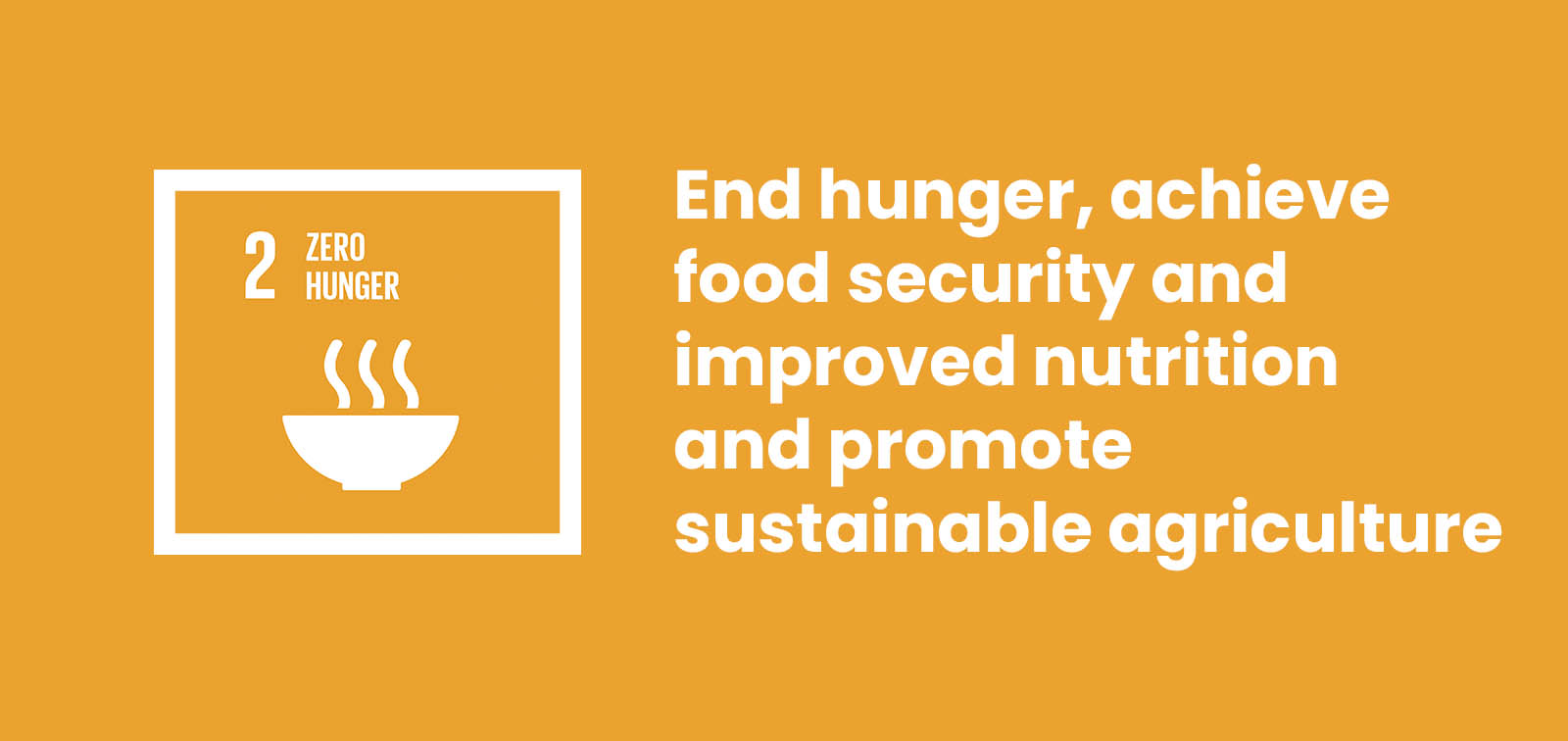Approximately one-third of all food produced globally is thrown away, adding to our society's considerable waste problem. This waste occurs for a variety of reasons, including deterioration during distribution, individuals abandoning food they are unable to consume, and organizations such as hotels, grocery shops, and restaurants throwing away extra food. Food waste has far-reaching implications, including environmental impacts from methane gas emissions from landfills, economic costs, and worsening food shortages. Reducing food waste is a difficult task that requires overcoming cultural attitudes and habits, supply chain difficulties, and a lack of awareness.
Malaysia, like many other nations, has the issue of food waste, making it a significant subject that must be addressed. This problem gets worse during the month of Ramadan, when food waste increases. It is critical to examine this issue and develop methods to reduce food waste in our society. Furthermore, this issue contradicts Sustainable Development Goal 2, which strives to eliminate hunger.
One thing I have seen about this developing problem is that individuals frequently prioritize buying meals based on their preferences rather than their real necessities. I think it's essential to support local food systems and use monitoring when buying food in order to combat this. Locally sourced items are often fresher and less prone to spoiling when kept for an extended period of time. Fruits and vegetables should be consumed right away to prevent waste because they have a shorter shelf life than other foods. Helping farmers manage their inventories can also help reduce food waste. Farmers' inventory may be difficult to completely remove since they require a backup supply, but attempts to minimize it are still crucial.
When it comes to personal food consumption, I have noticed that some of my friends waste a lot of food. In order to solve this, I actively engage them by asking if they will be able to complete their meals. We can mutually minimize food waste by promoting deliberate contemplation before purchase. Even if we believe we can finish the food, circumstances may prohibit us from doing so. A charitable option in such instances would be to distribute the extra food to those in need. This not only reduces food waste but also relieves others of the burden.
However, it is crucial to note that some restaurants may trash leftover food because they believe that providing it to the less fortunate is unjust to paying customers. Even though it might be difficult to entirely alter their perspective, raising awareness and encouraging a sense of responsibility can help us move forward. Limiting output during closing periods can help food businesses play a critical role in preventing waste by ensuring there is never an excess.
It is important to emphasize that the success of food waste reduction programs and initiatives is dependent on persistent and sustained efforts from all stakeholders. The government should prioritize these issues, much as they have done with plastic bag restrictions. Although the law can be a useful tool in resolving some problems, its efficacy depends on individuals taking it seriously and putting it into practice.
To summarize, while it may be difficult to totally eliminate food waste, substantial progress may be made towards reducing it. Even if it takes time, Malaysia must continue in its efforts to eliminate food waste and achieve SDG 2. It is important to note that, while food waste is a worldwide issue, many Malaysians in rural regions struggle to get their daily meals. We have to practice mindfulness and engage as a community to reduce food waste.






No comments:
Post a Comment